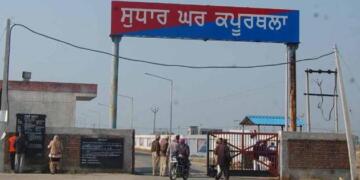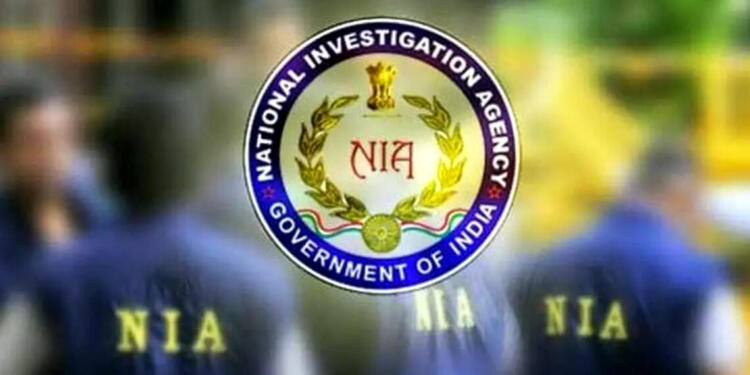In a major success for India’s counterterror and anti-crime agencies, a decade-long international hunt has finally come to an end. Moideenabha Ummer Beary, one of the key accused in a high-profile 2013 Kasaragod fake currency case, was deported from the United Arab Emirates and landed in Mumbai on Friday.
A Decade-Long Chase Ends in Mumbai
Beary’s return marks a significant breakthrough for the Central Bureau of Investigation (CBI) and the National Investigation Agency (NIA), both of which had been relentlessly pursuing leads since 2013. Beary had been a fugitive for more than ten years, wanted in connection with counterfeit currency operations linked to cross-border criminal networks.
Interpol Red Notice and UAE Coordination Pay Off
Beary had been absconding since December 2013, after the NIA registered a case against him for allegedly smuggling high-quality Fake Indian Currency Notes (FICN) into India. A Red Notice was issued by Interpol at the request of the NIA, which became instrumental in tracking his movements abroad.
The CBI’s International Police Cooperation Unit (IPCU), in close partnership with the National Central Bureau (NCB) in Abu Dhabi, worked through Interpol channels to facilitate his arrest and subsequent deportation. His extradition was made possible through coordinated diplomatic channels involving India’s Ministry of Home Affairs and Ministry of External Affairs.
Beary’s Role in Multi-Crore Fake Currency Racket
According to officials, Beary, a native of Karnataka’s Udupi district, was part of an elaborate network that procured counterfeit notes from Dubai and moved them into India through Sharjah. These fake notes eventually surfaced in various parts of Kerala and Karnataka, including Bengaluru. The NIA’s chargesheet accuses Beary of counterfeiting Indian currency, criminal conspiracy, cheating, and destruction of evidence. He is named in four separate FICN cases registered by the NIA, stemming from the seizure of fake notes with a face value of ₹31 lakh in Kasaragod district in 2013. The cases, originally filed at Chandera and Hosdurg police stations in 2012, were taken over by the NIA a year later.
CBI’s Bharatpol Initiative Recovers Over 100 Fugitives
The CBI, which acts as the National Central Bureau (NCB-India) for Interpol, played a crucial role in Beary’s return. The agency’s dedicated platform “Bharatpol” has, in recent years, facilitated the return of more than 100 wanted fugitives from around the world. Officials noted that Beary’s location was geo-tracked in the UAE using Interpol’s global database and intelligence-sharing systems. After confirmation, Indian authorities promptly filed an extradition request, leading to his successful deportation.
Kerala, a Hub in Fake Currency Transit, Faces Crackdown
Kerala, particularly its northern districts like Kasaragod and Malappuram, has often figured prominently in fake currency cases due to its proximity to international smuggling routes and its large migrant population in the Gulf. High-quality counterfeit notes often enter the state via ports of call like Dubai and Sharjah before being dispersed into local markets. Central agencies like the NIA and CBI have intensified their surveillance and enforcement efforts in recent years to dismantle these underground networks. Beary’s return underscores not just a tactical win, but also a reaffirmation of India’s growing international cooperation in tackling cross-border financial crimes. With cases like these being cracked, authorities hope to put an end to the longstanding menace of counterfeit currency that undermines both national security and economic integrity.
























